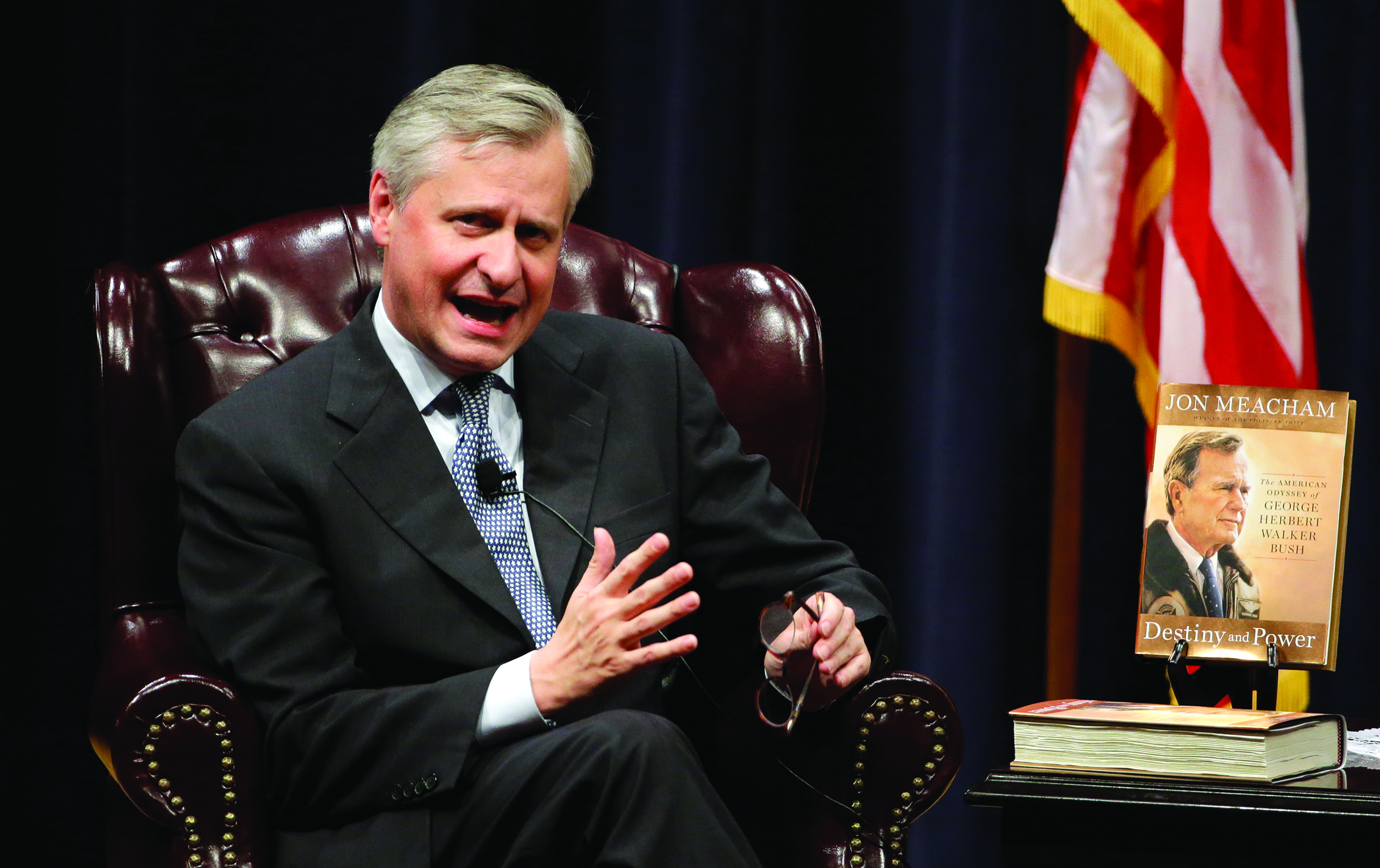

The stage set for his White House candidacy under the Republican Party banner, Lincoln won in 1860 with only a plurality of the vote. Senate to advocate slavery’s expansion and the continuation of unfettered white supremacy. Lincoln added that slave owners’ unearned wealth created a decidedly un-American class system that disadvantaged poor whites. Douglas in which he called for the status quo limiting slavery unto its eventual end, yet hewed to the stance of abolitionist supporters who otherwise resisted a multiracial, egalitarian society.

This led to Lincoln’s finely calibrated debates with Stephen A. It was the same empathy that recoiled from the brutal practice of slavery that also connected him to the humanity of those who supported it. Keenly attuned to public opinion, Lincoln recognized both in himself and the entire nation two realities - anti-Black prejudice and a passionate desire in the North to abolish slavery. The author girds his analysis with a comprehensive survey of the variety of social, political and theological writings that influenced Lincoln and resonate across his career. The darkness of early 19th century America was vividly embodied by enslaved Blacks herded in chains down his native Kentucky roads.Īt 23, Lincoln formally entered the political arena running for office in Illinois to feed his great ambition “of being truly esteemed of my fellow men, by rendering myself worthy of their esteem.” Meacham expertly peels back the historic to reveal the familiar in his coverage of the swirl of politics, largely unchanged to this day. schools” and any books he could hungrily consume thereafter. The light that powered this desire was the gift of literacy acquired in what Lincoln called “A.B.C. It is little wonder that Lincoln sought to deliver more fairness in an unfair world. Rather, this account of his hardscrabble youth is less an any-boy-can-be-president morality tale than a foundation of Lincoln’s personal values and empathy informed by crushing poverty and loss. Meacham does not portray Lincoln’s backstory as mere iconography - the log cabin, the backwoods education, the rail splitting.

Fueling the national disaster was the “Big Lie” of Lincoln’s day - that slavery was a justifiable institution. Jon Meacham’s excellent new biography, “And There Was Light: Abraham Lincoln and the American Struggle,” illuminates how Lincoln’s personal growth and travails enabled him to lead a nation along a fitful evolution toward freedom despite a catastrophic rebellion that denied it. While we tend to contemplate “The Great Emancipator” as fully formed well before he became the 16th president, his moral perspectives and political goals developed in a gradual process more akin to Darwin’s theories. 12, 1809, is the birthdate for both Abraham Lincoln and Charles Darwin. “And There Was Light: Abraham Lincoln and the American Struggle” by Jon Meacham (Random House)įun fact: Feb.


 0 kommentar(er)
0 kommentar(er)
